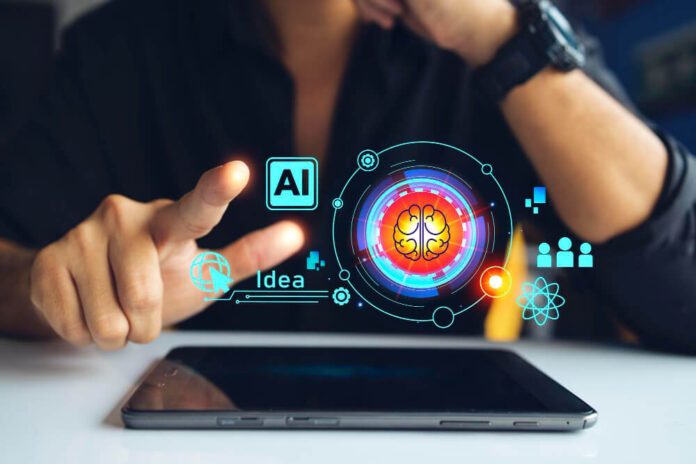The digital marketing landscape has undergone a seismic shift, particularly with the infusion of Artificial Intelligence (AI) into strategies and campaigns. In an era where data-driven decision-making is the norm, merely launching a campaign and hoping for the best is an outdated method.
Success today depends on various metrics beyond surface-level measurements like clicks or views. For businesses, Key Performance Indicators (KPIs) serve as the linchpin that ties marketing activities to quantifiable outcomes.
This critical need for measurable results has led to the rise of specialized service providers, including an AI marketing agency, which assists companies in defining, tracking, and optimizing their KPIs in the realm of AI-driven campaigns.
In this post, we will take you on a journey to learn the essential KPIs to look out for when running AI marketing campaigns. Just keep reading!
Understanding KPIs in the Context of AI
The subtle marriage of AI with marketing now makes it very important to have a shift in how KPIs are defined and measured. Traditional KPIs may not fully capture the nuanced capabilities of AI tools.
Therefore, selecting KPIs that directly align with the specific functions of AI algorithms is paramount. For instance, if an AI tool excels at automated customer service responses, tracking customer satisfaction ratings or query resolution times may be more relevant than focusing solely on sales figures.
As a business owner, it’s important that you adopt an analytical framework that suits the AI applications you deploy, ensuring that the metrics align with your objectives.
The Almighty Conversion Rate
Conversion rate ranks high when it comes to identifying what marketing metrics are important. It signifies the conversion of interest into action. This KPI gains added complexity when AI enters the picture.
The personalization and predictive analytics offered by AI can significantly influence conversions. Be it personalizing email content or tailoring website interfaces for individual users, AI has the potential to skyrocket conversion rates.
Yet, understanding the incremental benefit of AI initiatives is critical for attributing success. Moreover, a rising conversion rate directly correlates with increased revenue, underlining its significance as a KPI. So, let’s look at some important metrics when it comes to AI marketing campaigns.
-
User Engagement
The superficial metrics like clicks or views may serve initial curiosity but fail to capture the essence of user engagement. Engagement has many faces – social shares, comments, and even the duration of a site visit.
AI can delve into these engagement markers and dissect customer behavior patterns. AI-driven heat maps can analyze where users most frequently click on a page, giving valuable insights into designing more engaging content. AI’s depth of engagement data makes this KPI a treasure trove of actionable insights.
-
ROI
Return on investment (ROI) is the touchstone for assessing the financial viability of any marketing campaign. With AI’s promise of optimized marketing strategies comes the challenge of higher upfront costs.
Balancing these costs with the returns—both short-term and long-term—determines the ROI. AI’s ability to micro-segment target audiences and predict customer behavior contributes to ROI by fine-tuning the cost per acquisition and increasing customer value.
-
Customer Lifetime Value
Often overlooked in favor of more immediate KPIs, Customer Lifetime Value (CLV) offers a long-term perspective on customer relationships. The utility of AI in enhancing CLV lies in its predictive capabilities.
AI algorithms can forecast customer behavior based on past interactions, enabling proactive engagement strategies. Targeted promotions or loyalty programs designed by AI can elevate the customer experience, increasing their lifetime value.
Consequently, CLV is not just a financial metric but an indicator of relationship quality that a brand maintains with its customer base.
Final Note
In conclusion, navigating the maze of AI-driven marketing KPIs can appear overwhelming without a structured approach. Recognizing the importance of measurable data has led to a shift from traditional to more nuanced KPIs that align with the capabilities of AI tools.
For businesses aiming to leverage the full potential of AI in their marketing initiatives, collaborating with a reputable AI marketing agency can provide invaluable insights and strategic direction. These agencies specialize in crafting campaigns where KPIs serve as milestones, guiding brands through the ever-evolving technological landscape toward quantifiable success.
The roadmap to effective AI marketing lies in adopting cutting-edge tools and accurately measuring their impact.
















